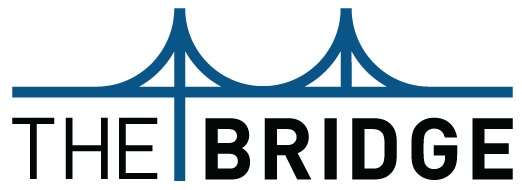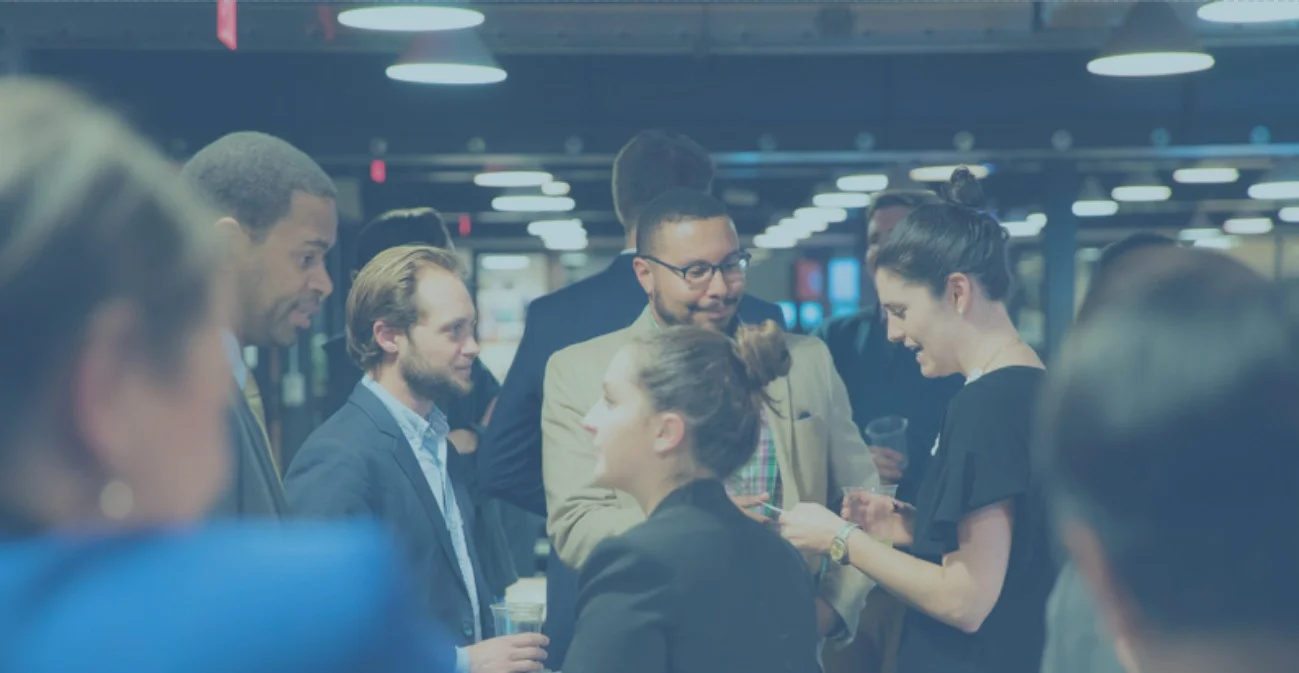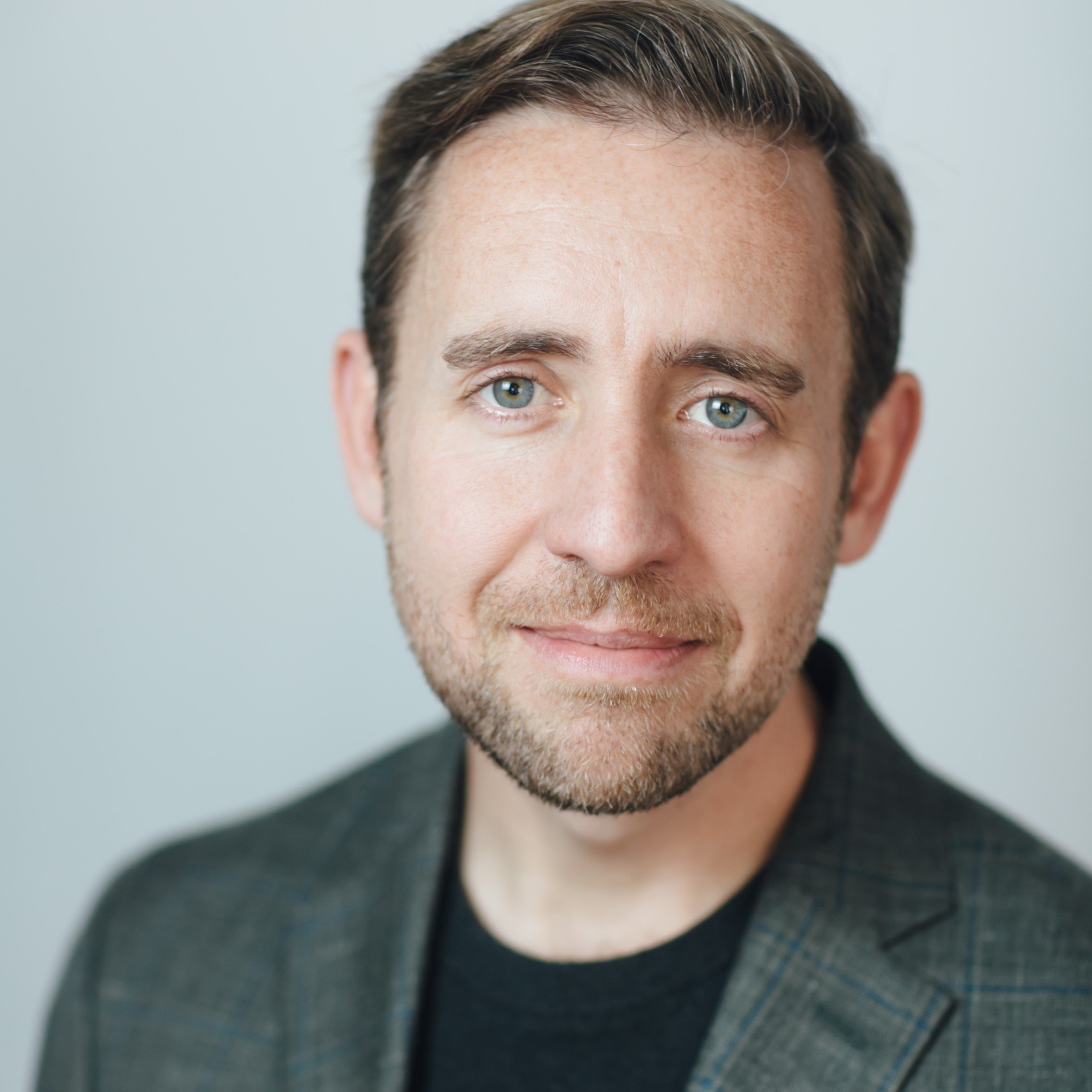TheBridge profile: Chris McClean
Name: Chris McClean
Current city: Oakland, CA
Current job: Global Lead, Digital Ethics at Avanade
Past job: VP, Research Director at Forrester
Q. Favorite spot for a coffee meeting? Tea at Samovar in SF (pre-pandemic) or any local/independent coffee shop when I travel
Q. How are you (or your company) currently bridging the gap between innovation and regulation? My job involves three key objectives: improve the digital ethics fluency among our 50,000 employees worldwide, help our clients improve their own digital ethics capabilities and practices, and communicate and advocate for a more responsible approach to technology around the world. Part of this work involves helping clients comply with existing and/or expected regulatory requirements. It also includes analyzing draft policies and standards and giving feedback when appropriate.
Q. What can innovators learn from policymakers? Policymakers are experts in crafting language that fits into existing legal and political frameworks and that works to drive behavioral change among individuals and organizations. An innovator might come up with plans to make technology more responsible, put it will take policymakers to codify those plans into our social structures. Policy makers also have a better idea about how values like fairness, respect, transparency, justice, etc. are normally addressed in legal and social frameworks.
Q. What can policymakers learn from innovators? Innovators have the best view into how technology is evolving and where it might go in the near-term and long-term future. Policy makers may have ideas about the types of guidelines that would make for a better tech industry, but if their policies don't address the tech that's about to be released, then they'll fail to have the desired impact. Innovators may also have ideas about how to enforce policymakers' requirements across very complex technology ecosystems.
Q. Can you describe how a skill you learned in a previous job has helped you in your current job? I started my career in marketing and PR, where I learned to communicate with empathy and respect. (Or, the way a more experienced colleagued explained it, "So what," and "Who cares?") This practice helps me provide points of view, advice, training, policy guidelines, or even complicated framework in a way that colleagues and clients will find most helpful.
Q. Why are you part of TheBridge community? Why do you think it's important this community exists for tech, policy and political professionals? Those of us involved in ethics (or similar disciplines, like compliance, risk management, audit, etc.) can do a lot to make the corporate world - and therefore the rest of the world - a better place. But at some point, the work that we do needs to be codified if we want to ingrain these ideas into our social fabric.
Q. Job advice in three words? Dream. Commit. Persist.
Q. Most underrated virtue in an employee? Passion for the impact. If an employee cares about how the work they do affects the world around them, it strengthens their work ethic, engagement, personal relationships, experience, and loyalty.
Q. Do you have a favorite book you want to recommend? I just finished "Risk, Technology, and Moral Emotions" By Sabine Roeser. It's a relatively short but complex and insightful book. For a broader audience, I'd recommend "The Invention of Yesterday: A 50,000-Year History of Human Culture, Conflict, and Connection" by Tamim Ansary. I read it a couple years ago and I still think about its key lessons on a regular basis.
Q. Best advice you’ve received? When struggling with a major decision, my Dad told me that things would work out well either way. It's a helpful reminder that life is full of countless decisions, large and small, and it's the cumulation of how you go about those many decisions that matters rather than everything coming down to one or two major choices.
Q. Everyday is probably different, but can you describe a "day in the life" of your job? Up early to read industry news, in-depth coverage of digital ethics issues, and occasional philosophy papers. A couple hours of internal and client meetings, collaboration sessions, and sometimes a presentation (lately these have been at very odd hours of the day/night depending on the audience). Finally, a couple hours of productive work: writing papers or blog posts, crafting frameworks, or building presentations.
Q. Looking back, what advice would you give yourself in the beginning of your career? Spend more time thinking about the impact you want to have on the world. Even if you don't take immediate action on those ideas, you can start incorporating them into your conversations, career planning discussions, continuing education, job interviews, etc.
Q. Last time you were completely unplugged? About a month ago, off-roading and camping for a week near Lake Tahoe with extended family, completely cut off from electricity, plumbing, cell service, and wifi.
We include leaders spotlights in out bi-weekly updates sent to the community. Sign up to stay up to date with events, people, jobs, info in tech, policy and politics:


